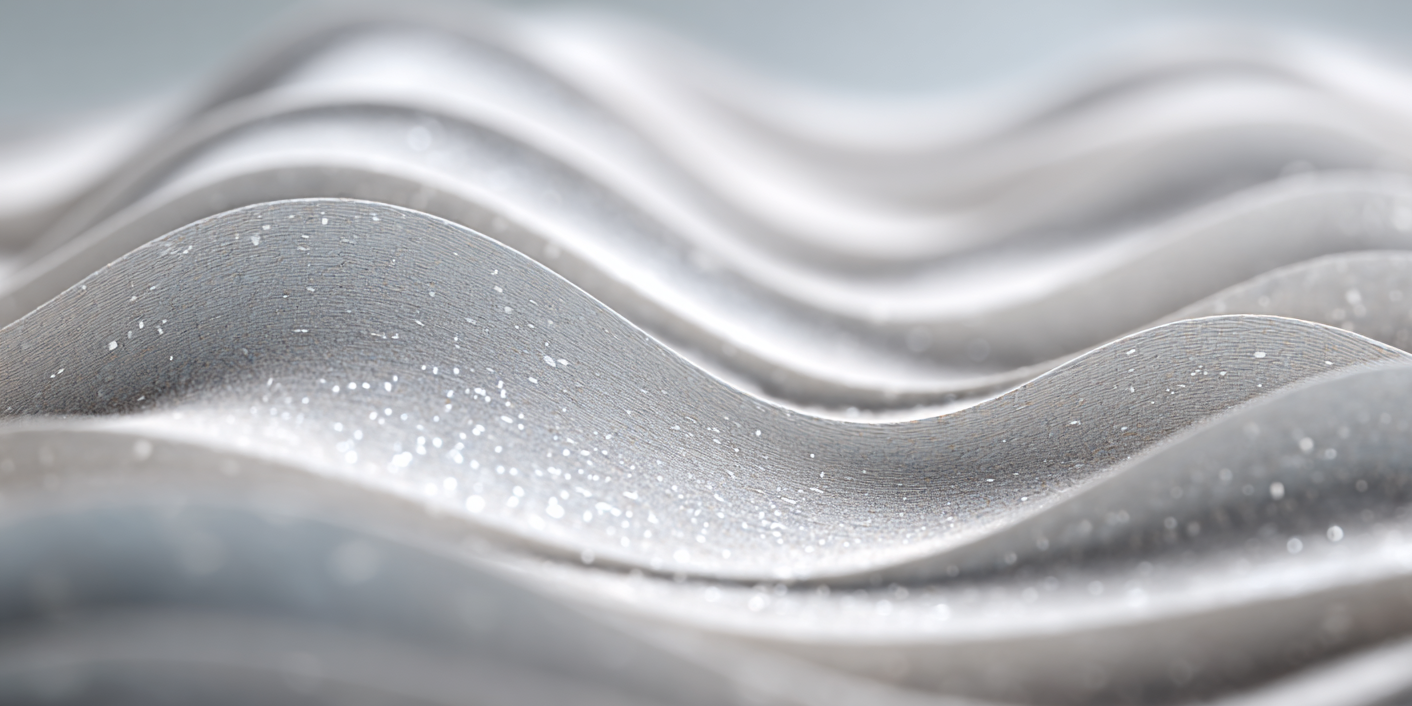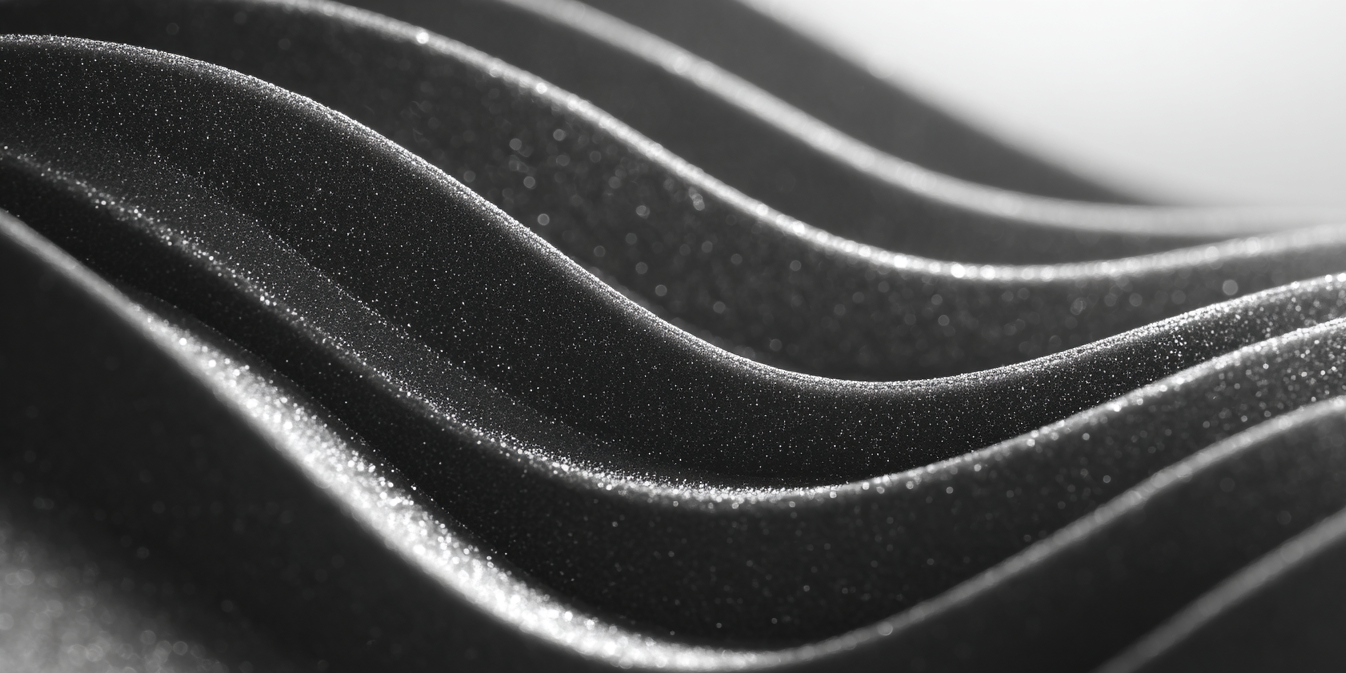What is “heimscheißen”?
The term “heimscheißen” (pronounced "hyme-shy-sen”) might sound unfamiliar, but if you've ever held it in until you got home, you might be practicing it without knowing.
Originating from German – “heim” meaning home and “scheißen” meaning to defecate – it colloquially translates to ‘home shitting’ and refers to the preference or necessity to poop only in the comfort of one's own bathroom origin and cultural context. Social media platforms like TikTok have popularized the word social media trend, with users sharing stories of travel woes and digestive delays, turning a private quirk into a relatable meme.
This phenomenon isn't new; it's tied to our evolutionary wiring. Humans have long associated home with safety, and that extends to vulnerable acts like defecation. In modern life, it manifests as skipping bathroom breaks at work, during vacations, or even at a friend's house. For some, it's a mild preference; for others, it disrupts daily routines, leading to discomfort or irregular bowel movements. Understanding “heimscheißen” starts with recognizing it's rooted in psychology and physiology.
The psychology of bathroom comfort
Bathroom comfort is deeply psychological. When you're at home, your brain signals relaxation, allowing the body to perform natural functions without inhibition. Away from home, anxiety can kick in, triggering the fight-or-flight response. This activates the sympathetic nervous system, which tightens muscles—including those in the gut—to prepare for perceived threats.
Experts describe this as a form of social anxiety, where the fear of being heard, smelled, or judged creates a mental block. It's similar to stage fright but in the stall. Studies show that up to 32 percent of people experience some level of toilet anxiety, with women reporting it more frequently due to societal pressures around bodily functions. The mind-gut connection plays a big role here: stress hormones like cortisol can slow digestion, making it harder to go when you're tense.
Culturally, bathrooms are private sanctuaries. Think about it—your home toilet is familiar, clean (hopefully), and free from interruptions. Public ones? Often noisy, shared, and unpredictable. This mismatch can condition the brain to associate pooping with home turf only, creating a Pavlovian response where the sight of your own bowl cues relaxation. Over time, this reinforces the habit, turning occasional hesitation into a routine challenge.
Is “shy bowel syndrome” real?
Yes, “shy bowel syndrome”—clinically known as parcopresis—is a recognized psychological condition parcopresis recognition. It's the difficulty or inability to defecate in public due to overwhelming fear of scrutiny. Unlike occasional reluctance, parcopresis can lead to chronic constipation, abdominal pain, and even avoidance of social activities. It's estimated to affect seven to 32 percent of the population, often co-occurring with shy bladder (paruresis).
Parcopresis stems from psychogenic fecal retention. It's not just embarrassment; it can involve deep-seated fears rooted in childhood experiences, like strict potty training or bullying. Research validates it through tools like the Shy Bladder and Bowel Scale (SBBS), which measures severity and impact on quality of life. While not a formal DSM diagnosis, it's treated as a specific phobia or anxiety disorder.
If this resonates, know it's treatable. Cognitive behavioral therapy (CBT) helps reframe thoughts, while exposure techniques gradually build comfort in public settings. But remember, Throne isn't a medical device – it's a wellness tool that promotes awareness. By monitoring your digestive health at home and on the go, you can identify patterns linked to anxiety, empowering better lifestyle choices.
Why your gut prefers home turf
Physiologically, your gut thrives on routine. The enteric nervous system, often called the “second brain,” regulates digestion independently but responds to external cues. At home, consistent schedules—meals, sleep, and bathroom visits—sync with your circadian rhythm, making bowel movements predictable.
When you're away, changes in diet, time zones, or environment disrupt this. Dehydration from travel, unfamiliar foods, or holding it in can harden stool, exacerbating the issue. The internal anal sphincter, which is involuntary, only relaxes fully in safe, familiar settings—explaining why you might “unburden” the moment you walk through the door.
Stress amplifies this: anxiety slows gut motility, leading to constipation. For those with conditions like IBS, this can worsen symptoms. Your microbiome also plays a part; disruptions from new water or bacteria can alter flora, affecting regularity.
Tips for pooping away from home
Overcoming “heimscheißen” takes practice, but these evidence-based tips can help:
- Plan ahead: Use the bathroom at home before leaving. This reduces urgency later.
- Create privacy: Line the bowl with toilet paper to muffle sounds, and courtesy flush as you go. Carry a masking spray or essential oils for odor control.
- Relax your mind: Practice deep breathing or mindfulness to calm anxiety. Apps with guided meditations can help. Visualize success—hypnotherapy techniques have shown promise for toilet anxiety.
- Stay hydrated and eat smart: Drink water and opt for fiber-rich foods to keep things moving. Avoid caffeine if it heightens nerves.
- Build tolerance gradually: Start with less intimidating public spots, like a quiet cafe, to desensitize yourself.
- Log your session: Don’t forget to log your session with your Throne app to keep your digestive pattern data free of gaps!
If anxiety persists, consider professional help like CBT. These steps, backed by wellness practices, can make away games easier.
Ultimately, understanding your gut's preferences starts at home. Throne's effortless tracking—AI-driven and privacy-focused—gives you the data to spot anxiety's impact on your hydration score or stool patterns. Whether you're dealing with occasional “heimscheißen” or seeking deeper insights, Throne empowers you to optimize your wellness routine. Ready to know your normal? Discover how Throne can be your ally in gut health today.
This article is for informational purposes only and is not intended to provide medical advice. Throne is not a medical device and does not diagnose, treat, cure, or prevent any disease.





